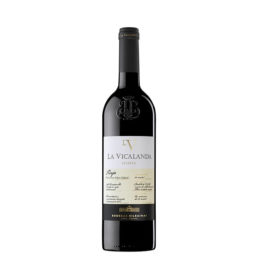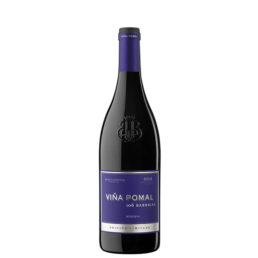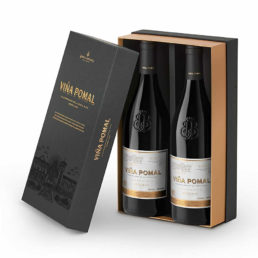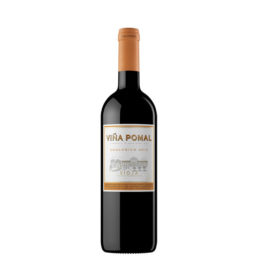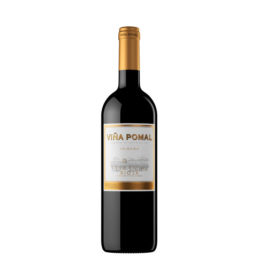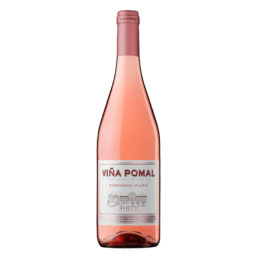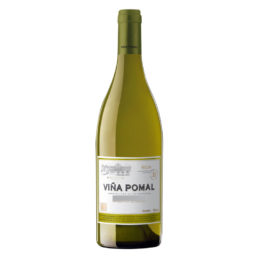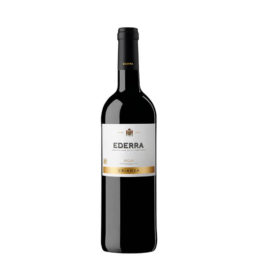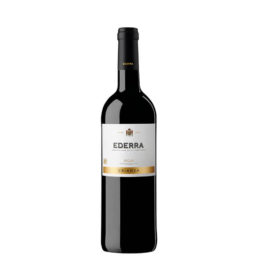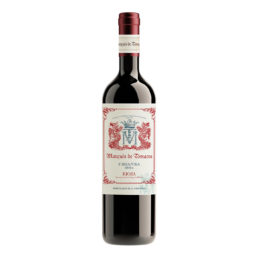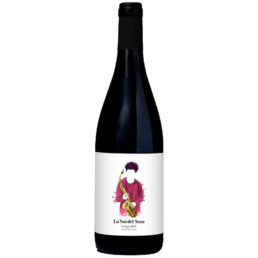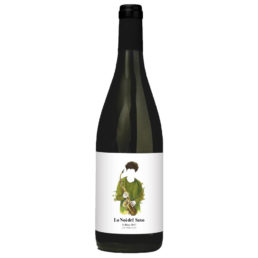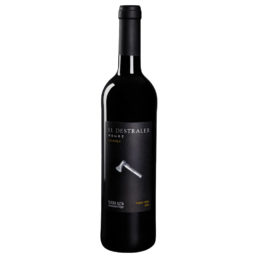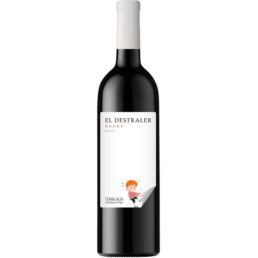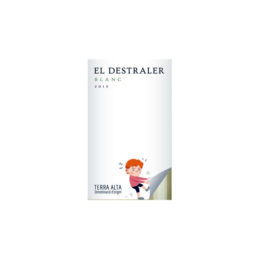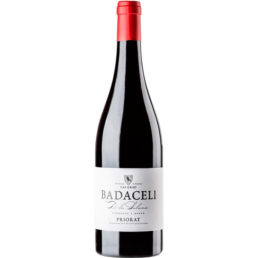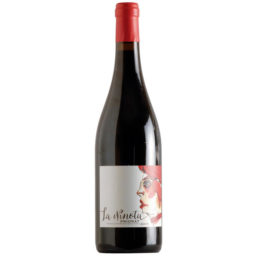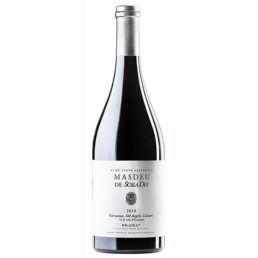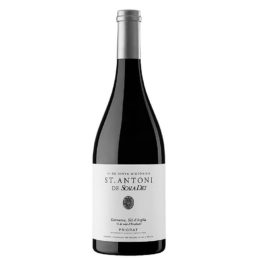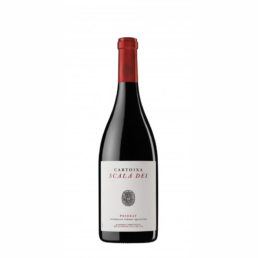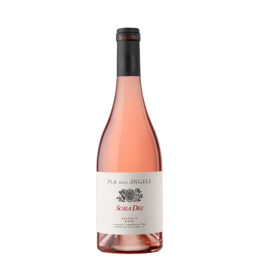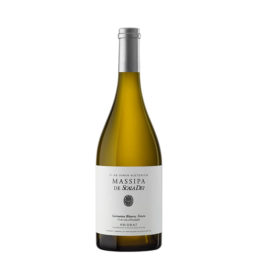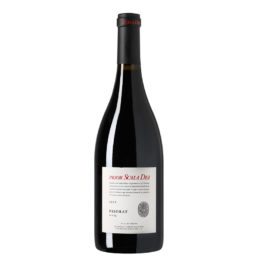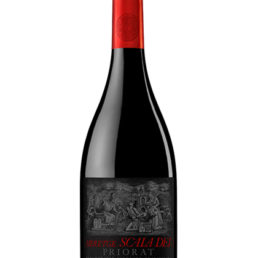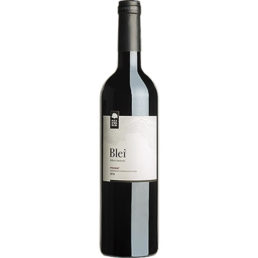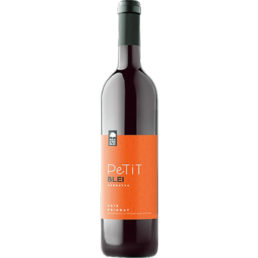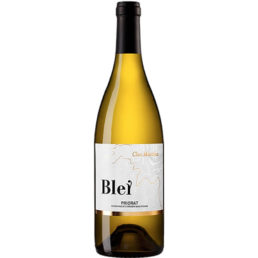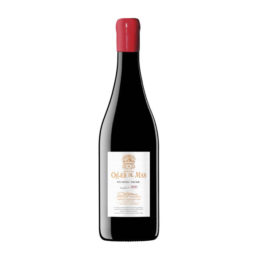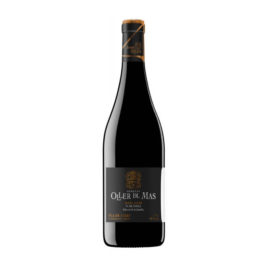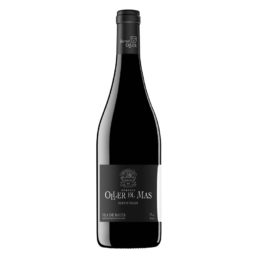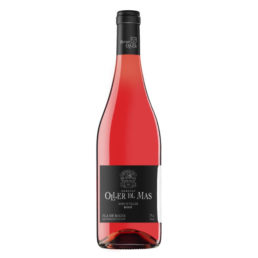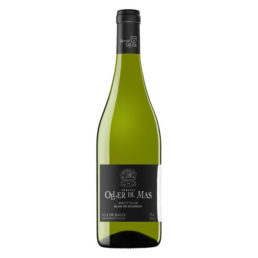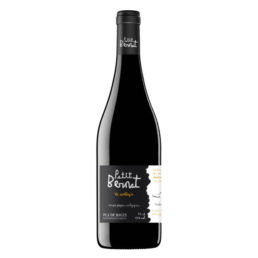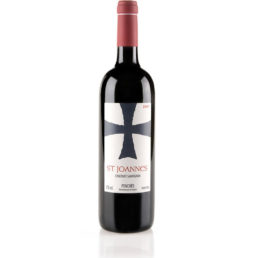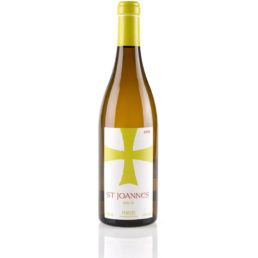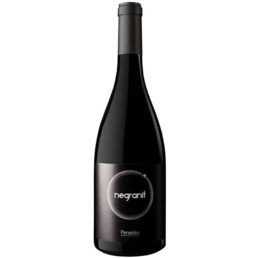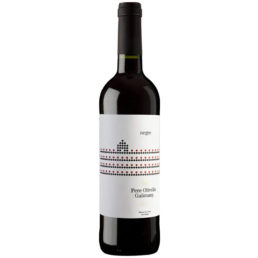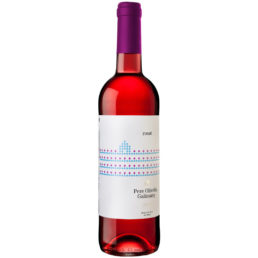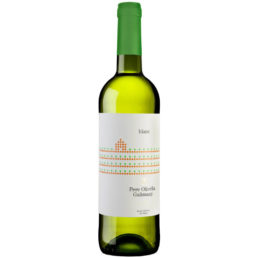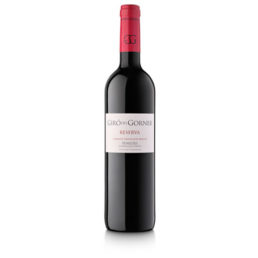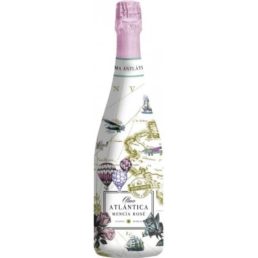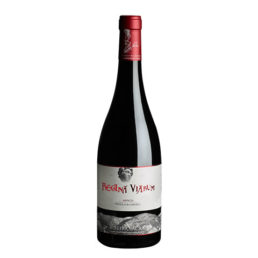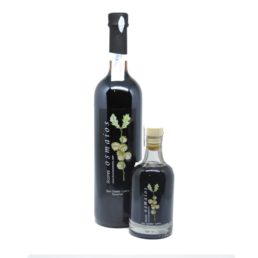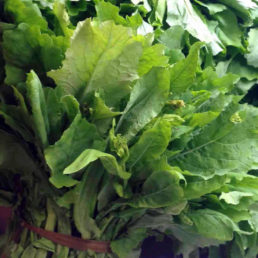Viña Pomal Gran Reserva is a red wine serious and of great quality which combines the best of The Rioja. Represents the gran reserva classic Rioja, faithful to its origins from over a century ago.
Only produced in vintages of exceptional, and with a c
holiness to limited bottles.
DEVELOPMENT (VINIFICATION)
Viña Pomal Gran Reserva is characterized by a vinification traditional.
The grape is hand-selected in our vineyards arrives at the warehouse and is destemmed and pressed to make a maceration moderately long in a tank. After the fermentations alcoholic and malolactic, the wines are trasegados to be raised in bordeaux barrels of 225 liters are traditionally made of american oak. After passing around 1 year of barrel aging, the wine is racked back to tank. It is the moment in which is decided the
blend the Grand Reserve, and Graciano, variety minority of Rioja, it enters with a 10% of the mixture of the base of Tempranillo, providing your structure, color and acidity characteristic. The wine back into barrels, clarified with egg whites that help your clarity and sharpness, and passes 1 year more in casks to complete the aging process in wood 225 liters. After its passage through the barrel, the wine is assembled during 6 months in vats of oak where natural finishes cleaning and assembling all of its components. Three years of ageing in bottle complete the craft work of aging of these unique wines in Rioja.
VINEYARD (VITICULTURE)
Our farms are located in the vicinity of the winery, in the municipality of Haro. Our 250 ha make that we have greater ownership of the area, being our Reserva and Gran Reserva reflection of the soils of the D. O. Ca. Rioja. The mean age exceeds the 25 years old, looking for in the vineyard, the maximum balance and the reflection of our terroir jarrero. The Tempranillo we add the Graciano, that only matures in vintage excellent. Are those vintages which we make our Gran reserva tinto, who goes to the market every year.
PAIRING
Viña Pomal Gran Reserva is the perfect complement to dishes containing vegetables or stews of vegetables. Also suitable for rice dishes of meat or vegetables, cheese moderately strong, duck and blue fish.
AWARDS
93 POINTS WINE ENTHUSIAST 2018
93 POINTS WINE SPECTATOR 2017
93 POINTS ABC GUIDE 2017
91 POINTS TIM ATKIN (UK) - RIOJA REPORT 2018
91 POINTS ROBERT PARKER 2018
91 POINTS GUIDE PEÑÍN 2018
91 POINTS TIM ATKIN (UK) - RIOJA REPORT 2017
91 POINTS TIM ATKIN (UK) - RIOJA REPORT 2016
91 POINTS PREMIUM RED RIOJA TASTING (DECANTER) 2016
GOLD MEDAL THE DRINKS BUSINESS - RIOJA MASTERS - 2017
GOLD MEDAL THE DRINKS BUSINESS - RIOJA MASTERS - 2016
GOLD MEDAL THE RIOJA MASTERS - 2016
SILVER MEDAL ASIA DECANTER WINE AWARDS - 2017
4 STARS HARPERS WINE STARS - 2017













